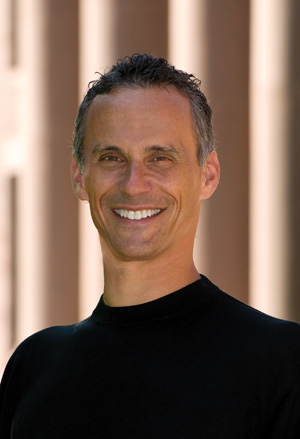PRESIDENT’S LETTER

Over the past year I and others in higher education have been asked countless times about “political correctness” and whether self-appointed “social justice warriors” on campuses are creating an atmosphere that makes it difficult for those who disagree to speak out. In the last month of 2015 alone, the Washington Post devoted eight articles to the subject, and that’s not counting the columns of ink devoted to the discussion of campuses and free speech. Linking “political correctness” to “university elites,” a popular sport on the right for decades, seems to be gaining broader appeal.
In the public sphere, the Republican presidential frontrunner Donald Trump has been making the culture of “political correctness” that against which he defines himself and his campaign. In this regard, as in so many others, he has been saying aloud what too many feel: “I’m so tired of this politically correct crap.” Of course, Trump is currently unsettling many of his own party’s traditional beliefs while also attracting many independents and Democrats.
Today “political correctness” is assumed to be a sin of the left; it is part and parcel of the myth that our biggest problems stem from a lack of tolerance for ideas friendly to the status quo. Everybody can join in the criticism. When fraternity brothers are disturbed by administrative changes to the ways they organize parties, they cry “political correctness.” When alumni nostalgic for the activism of their college days no longer hear their favorite slogans repeated by the student protesters of today, they grumble about PC culture undermining free speech.
“Political correctness” is attacked frequently from the right and sometimes from the left, but there isn’t anyone actually defending it. Because there isn’t any downside to attacking this imaginary monster of groupthink, we can expect to hear more and more attention-seekers trumpeting their own courage in “not being PC.” In the presidential race, Ted Cruz has already set a high bar for aggressive vapidity in declaring “political correctness is killing people,” and we should expect others to fall over one another in showing they can stand up to this phantom force against speaking one’s mind. But there are real dangers here, as racism and xenophobia can get a free pass when folded into attacks on PC elitism.
Political correctness is a charismatic bogeyman with strange powers to titillate liberal and conservative thinkers alike. Is the bogeyman here at Wesleyan? Sure, there are groups here that form around common values and ideas, and sometimes a group can be close-minded. But I see vigorous discussion within our faculty about ideas that matter, and I hear plenty of students rebelling against the notion that young people all think alike. For example, on our left-leaning campus, there is more religious practice than there has been in years, and we have forceful discussions with large groups of students about everything from the role of fraternities to the economic/political possibilities of a carbon tax.
On many college and university campuses, Wesleyan included, there are intense debates about what to do about racism, environmental degradation, growing inequality, national security, and the role of government in the lives of citizens. And we don’t just have debates; we do things. At Wesleyan, there are hundreds of students taking on concrete civic engagement projects: from teaching kindergarten students in Middletown how to read, to working on national issues of mass incarceration, to creating social service organizations in different parts of the world to confront environmental problems. Dozens of our students are working on creating their own businesses: from technology-oriented start-ups to employment networking services. Hundreds more are pursuing internships where they can acquire skills in a particular area while contributing to the organization as a whole. These activities don’t fall into one corner of the political spectrum.
At the same time, it is certainly the case that on college campuses voices on the right are much less audible than those on the left. That’s been true for decades, and that’s why it’s so important for all universities, including ours, to expose students to conservative points of view. As educational institutions, we have an obligation to make academically serious conservative positions part of our ongoing conversations, whether these positions be religiously oriented, libertarian, or simply skeptical of the modern consensus. We learn most from one another when we differ from one another, when we can have our assumptions challenged in ways that lead to more thoughtful consideration of questions that really matter.
In this election year, let’s challenge this hoary national fantasy of progressive collegiate puritans who shame potential allies without opening new hopes for the future. Let’s find ways to work together to articulate what kinds of change, and what kinds of preservation, are worth striving for. Even if our college campuses continue to be caricatured for political gain, we at Wesleyan can defy the bogeyman by incubating ideas and practices to empower students to face problems in all their complexity and create an authentic political culture in the years ahead.
